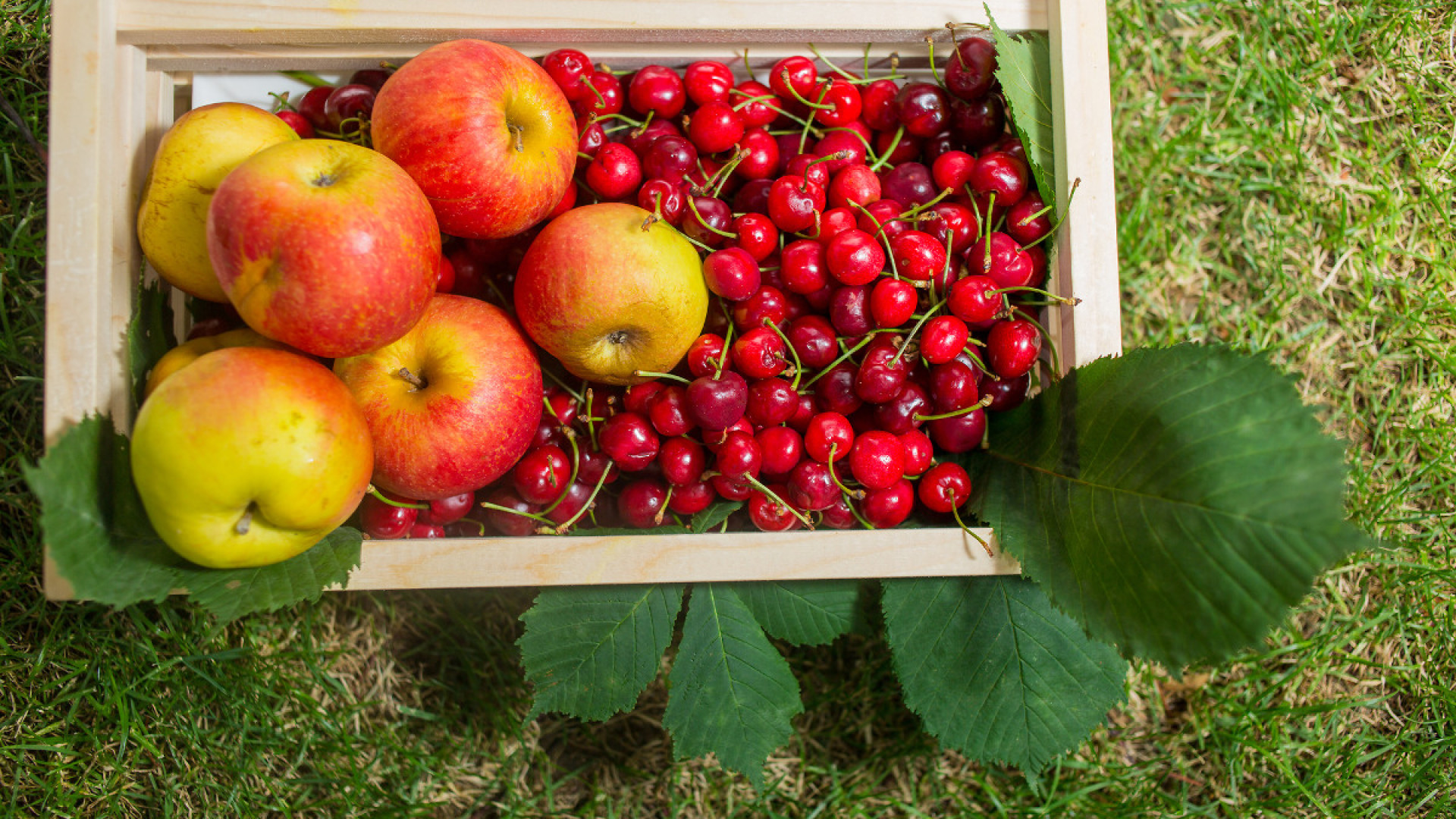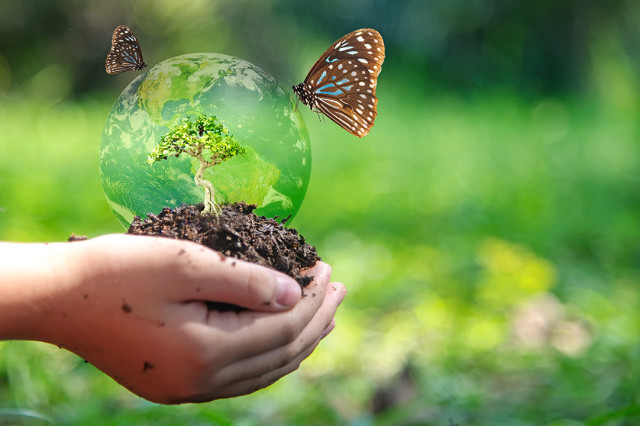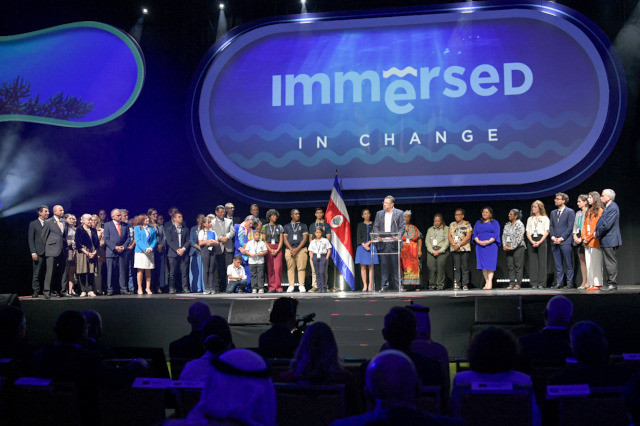Since 1979, World Food Day has underscored the critical importance of food for sustainable human development and progress. Today, amidst rapid population growth, urbanization, increasing wealth, and shifting consumption patterns, our food systems are being pushed to their limits. They are forced to grapple not only with the task of providing nutritious food but also with the far-reaching impact of climate change, water scarcity, land degradation, and biodiversity loss.
The stakes have never been higher. Agriculture today uses 72% of the world's fresh water, with around 45% of it being wasted. In addition to that, more than one-quarter of all global energy is spent on food production. The third of global greenhouse gas emissions come from food systems. And yet, nearly 690 million people are still undernourished, globally. These figures demand immediate attention and redress.
The time to transform food systems is now. Shoring up the security of our food systems will also bring about long-term social and economic stability and resilience.
Changing the ways we produce food has the biggest potential for impact. Through the Green Group’s Climate Adaptation Accelerator’s Agri-Food Challenge, launched ahead of COP28 UAE, we are working in collaboration with agri-tech start-ups around the world to design sustainable agri-food solutions that optimise water and energy usage, while minimising environmental impact.
Green Group supports the UAE in putting the food-climate-water nexus high on the agenda of the upcoming COP28 and in urging international action to scale up food and agriculture innovation via the Food Systems and Agriculture Agenda. The COP28 UAE Presidency calls upon governments to sign the Emirates Declaration on Resilient Food Systems, Sustainable Agriculture, and Climate Action.
Green Group members are bound by a shared vision: to promote sustainable agriculture while delivering on the diverse demands of our populations. We not only recognise the critical significance of climate change adaptation, we are acting to keep food on the table for all.
In Cabo Verde, given the archipelago’s vulnerability to climate change, securing food sources has always been challenging. Yet, through innovative agricultural practices and water management, it is focusing on harnessing its strengths to overcome adversities and assure food security for our citizens.
Costa Rica, a land enriched with a profusion of biodiversity, believes in the power of sustainable farming. For this reason, during COP27 the country launched its Sustainable Landscapes initiative, which promotes sustainable production from the agro-landscape with actions undertaken in terms of agricultural diversification, reduction of greenhouse gas emissions and the technification of agriculture and livestock. This initiative envisions the export of agricultural goods under a new approach of resilient agriculture in productive landscapes, by promoting production processes that adapt to the climate and help restore biodiversity.
Iceland’s primary food supply comes from the ocean and from rapidly growing aquaculture. Clean, nutritious seawater produces excellent food-products and ideal conditions for specialized aquaculture. The food production capacity within Iceland’s exclusive 200-mile economic zone is about 100 times more than Iceland’s land capacity to produce protein-rich foods. Algae plankton primary production is close to one billion tons. Now several companies are taking advantage of "grazing the sea" to produce sustainable, nutritious food for the world, an opportunity that Iceland will focus on.
In Singapore, a nation with limited arable land, innovative urban farming, and technology-driven agriculture are key components of the country’s food security strategy. Through holistic land and sea space planning and harnessing agri-tech advancements such as vertical farming that have the potential to increase productivity in a climate-resilient and resource-efficient way, Singapore aspires to build capacity and capabilities to sustainably produce 30% of its nutritional needs, contributing to a resilient food future.
Slovenia is blessed with green landscapes. As such, it holds a staunch commitment to fostering sustainable agricultural practices. Embracing both modern technologies and traditional knowledge, we are determined to maintain the balance of our ecosystems, making food available for its citizens. . We pay special attention to the role of bees and other pollinators contributing to food security.
The arid environment of the United Arab Emirates underlines the importance of technology-based solutions to addressing agricultural challenges. Steered by its National Strategy for Food Security, the country has the world’s largest vertical farm and a dedicated Food Tech Valley. The UAE is urging international action to scale up food and agriculture innovation via the Food Systems and Agriculture Agenda, launched by the COP28 UAE Presidency.
Food is the fuel of life. What we eat and where we get it from must be approached with respect, responsibility, and sustainability. The Green Group is rising to a challenge that demands collective global action. This World Food Day, celebrated under the banner "Water is life, water is food", we pledge to prioritise inclusive food security by driving water-smart agriculture, agricultural resilience and climate adaptation.









